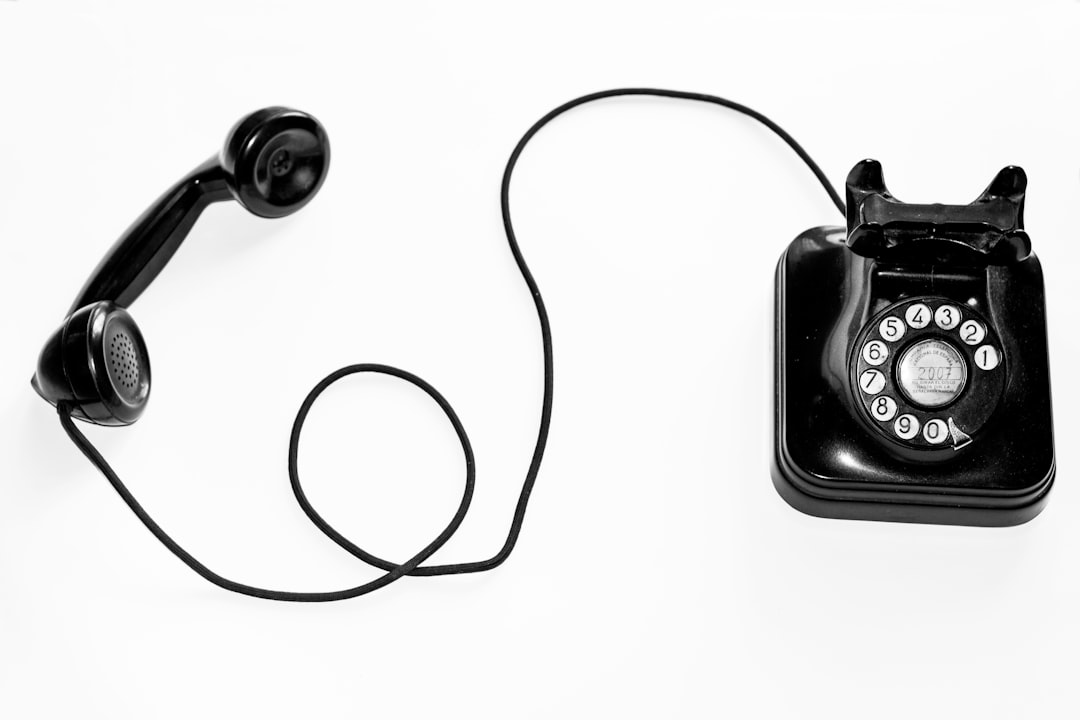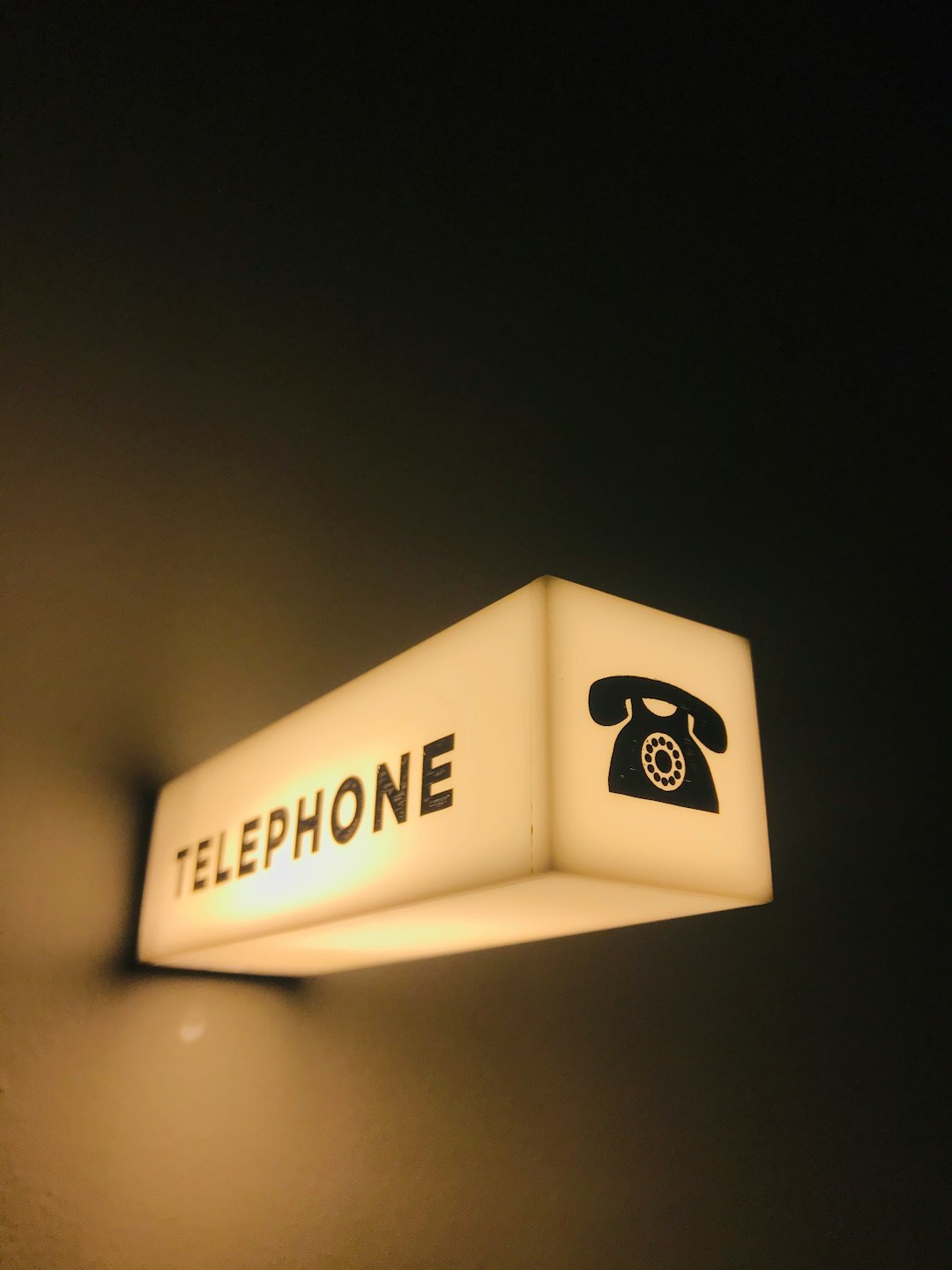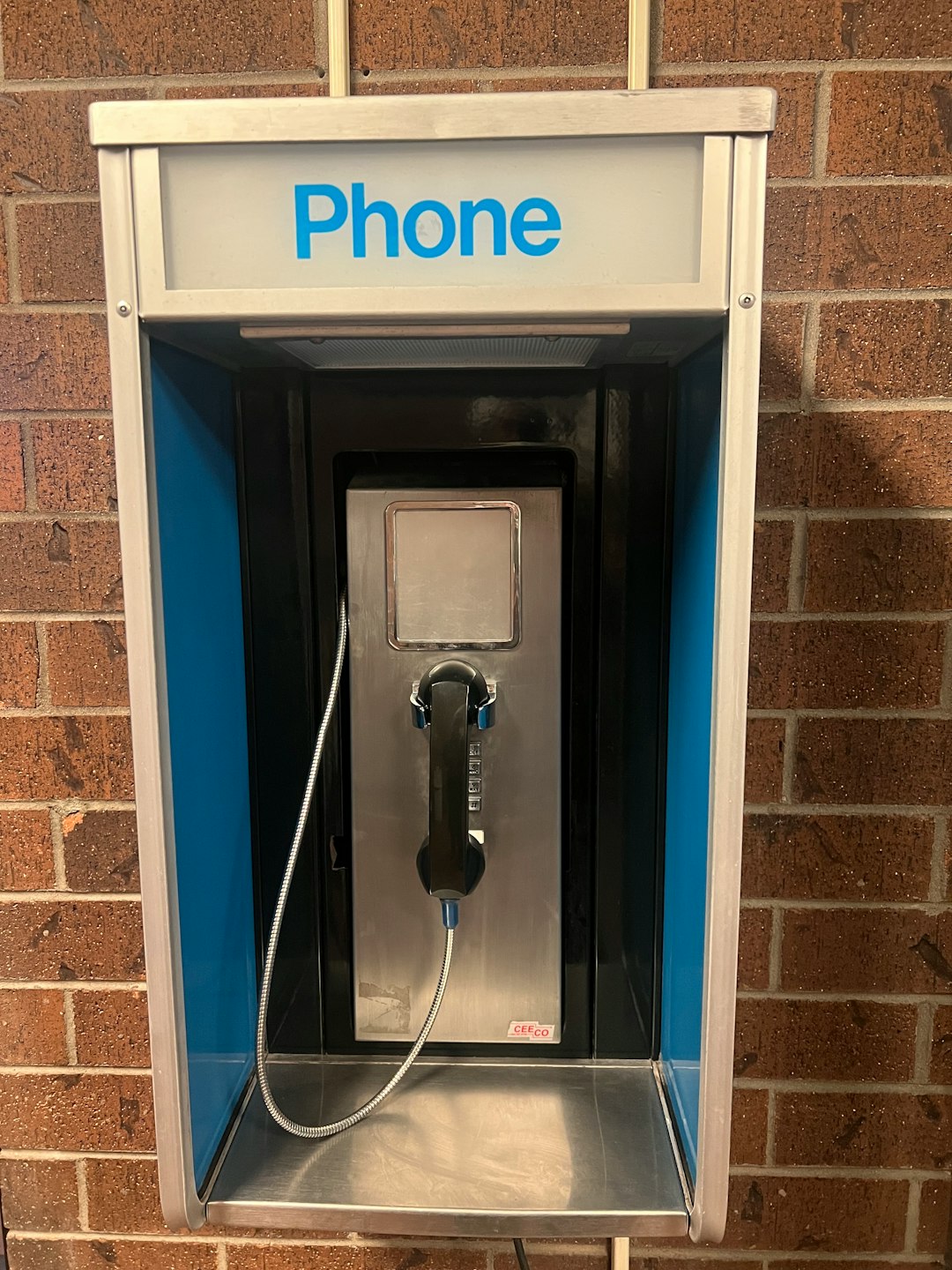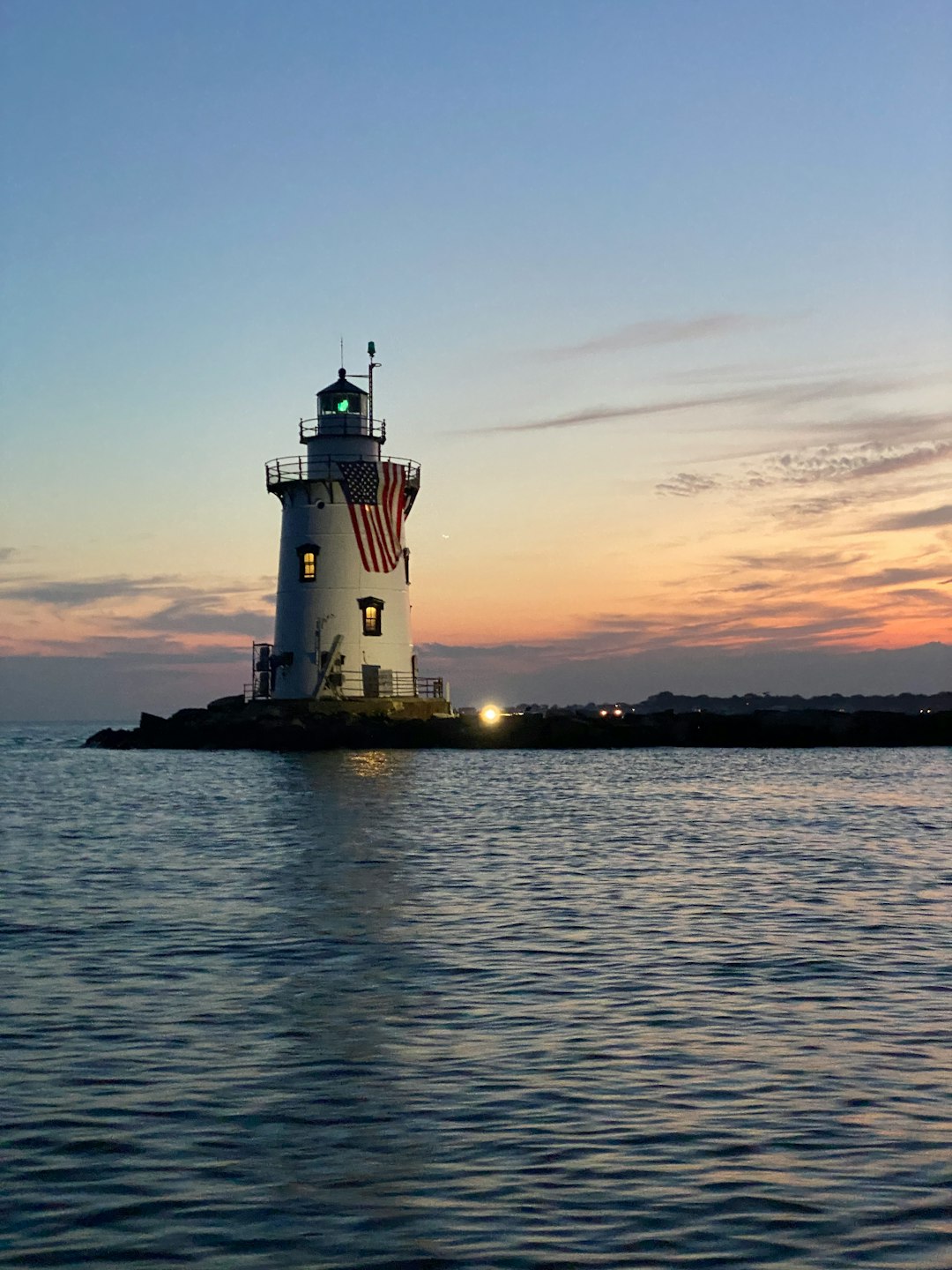Museums in Connecticut like the Old Lyme Florence Griswold Museum face challenges from spam texts and calls, which disrupt operations and experiences. Engaging specialized Spam Text Lawyer Connecticut or Spam Call Law Firm Connecticut is crucial to protect patrons, maintain reputation, and ensure compliance with anti-spam laws. Strict state and federal regulations require understanding consent guidelines to avoid fines and legal action. A multi-faceted approach using advanced technology, strict privacy policies, and public education enhances visitor experiences and safeguards against modern intrusions.
“Unwanted messages and calls can disrupt artistic focus, especially for artists showcasing their work. The Old Lyme Florence Griswold Museum takes center stage in this article as we explore the delicate balance between promoting exhibitions and managing ‘spam’ alerts. We delve into the legal aspects of spam calls in Connecticut, offering insights for artists and creative professionals. From navigating spam text to protecting artistic integrity, this guide equips you with strategies to deal with unwanted intrusions, ensuring a harmonious relationship between art and technology.”
Navigating Spam Text and Exhibition Alerts: A Museum's Perspective
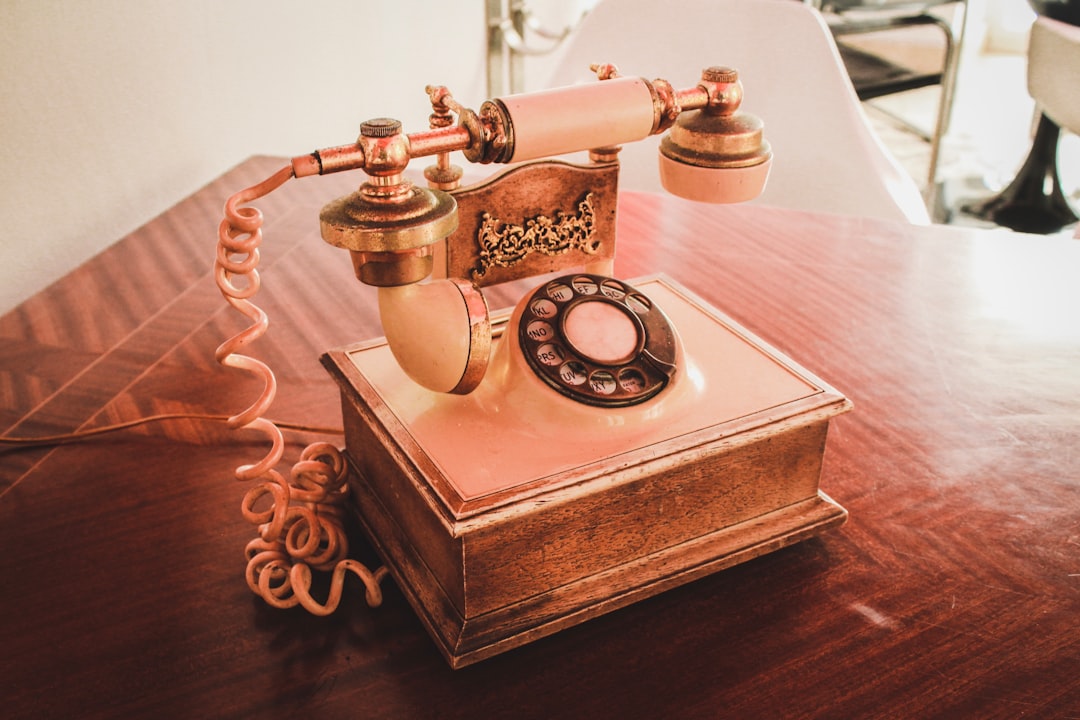
Navigating the complex landscape of communication, museums, like the Old Lyme Florence Griswold Museum, often face a modern-day challenge—spam text and calls. In today’s digital age, where technology facilitates direct engagement with audiences, unwanted messages can quickly disrupt operations and visitor experiences. These spam texts, frequently promoting products or services, are not only disruptive but can also be illegal under Connecticut’s anti-spam laws.
From the perspective of a museum, managing these spam calls and text messages requires a strategic approach. They must differentiate between legitimate exhibition alerts and promotional spam to maintain a positive reputation and protect their patrons. Engaging a specialized law firm in Connecticut that deals with spam text and calls can help museums understand and enforce existing laws. Such legal expertise ensures that the museum’s communication strategies are not only effective but also compliant, fostering a better visitor experience and preserving their institutional integrity.
Legal Aspects of Spam Calls in Connecticut: What Artists Should Know
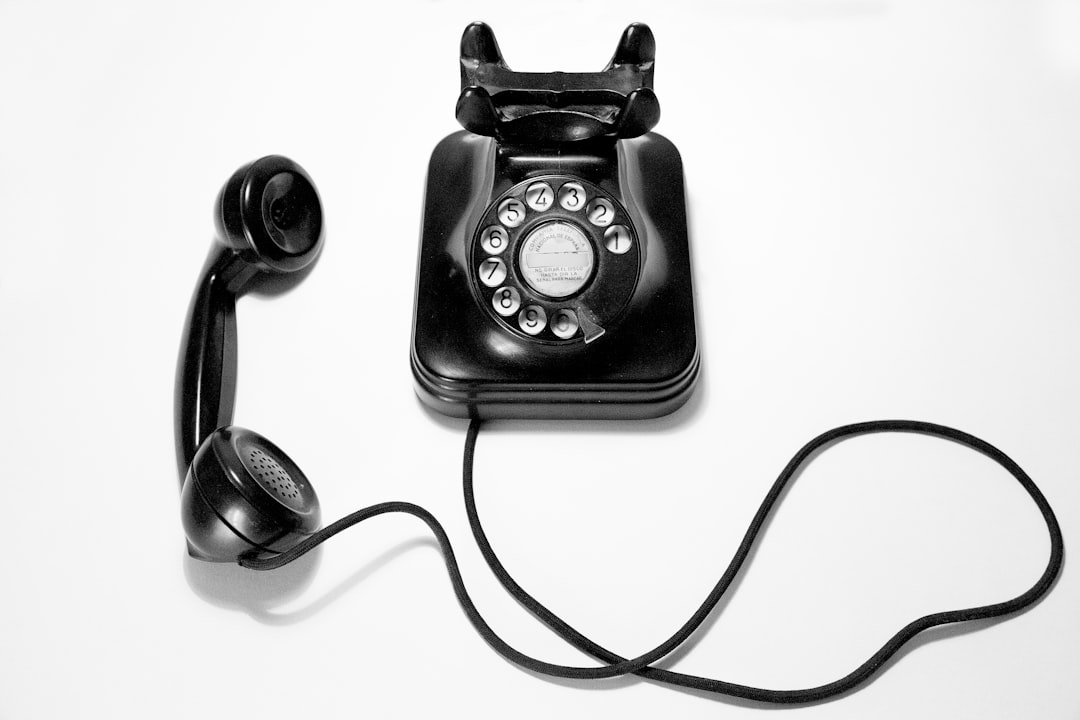
In Connecticut, the legal landscape surrounding spam calls and texts is regulated by state and federal laws designed to protect consumers from unwanted and invasive communications. For artists and art institutions like the Old Lyme Florence Griswold Museum, understanding these regulations is crucial when considering how to respond to spam text messages or calls.
Artists should be aware that there are strict guidelines on what constitutes consent for receiving marketing texts and calls. Violations can result in significant fines and legal repercussions. If a museum or artist receives spam texts or calls promoting art exhibitions or services, they may have the right to take action against the offending party. Engaging the services of a spam text lawyer Connecticut or a reputable spam call law firm Connecticut can help navigate these complex laws and ensure the protection of one’s rights in such situations.
Protecting Artistic Integrity: Strategies for Dealing with Unwanted Intrusions

The Old Lyme Florence Griswold Museum, a sanctuary for artistic integrity, often finds itself navigating the delicate balance between sharing its rich collection with the world and safeguarding against unwanted intrusions in the form of spam. In today’s digital age, where information is readily accessible, protecting the museum’s resources from unsolicited and potentially disruptive spam text and spam calls has become a crucial aspect of its operational strategy. Engaging the services of a spam text lawyer Connecticut or a specialized spam call law firm Connecticut is one approach to establishing robust defenses against these modern-day nuisances.
To combat spam text Connecticut and spam calls Connecticut, legal experts advise implementing comprehensive strategies that include sophisticated filtering systems, strict privacy policies, and proactive communication with visitors. By educating the public about responsible data sharing practices and employing advanced technology to detect and block malicious intrusions, the museum can ensure that its artistic mission remains untainted by unwanted attention. This multifaceted approach not only protects the museum’s collection but also enhances the visitor experience, fostering an environment where art is celebrated without interruptions or invasions of privacy.

